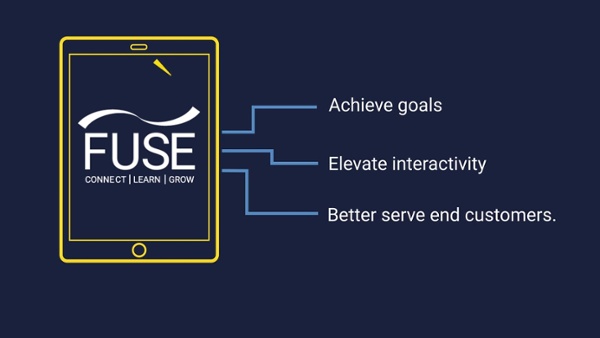Every year, the world gets “smaller.” It may not become physically smaller, but continuing innovations in transportation, logistics, and communication mean that it’s becoming ever-easier to move between Point A and Point B – no matter where those points are on the map.
As the world becomes truly borderless, many businesses are making essential shifts in order to thrive in this new economic environment. Find out if your organization is prepared for a borderless economy.
What we mean by 'borderless economy'
A borderless economy means that your customers could potentially be almost anywhere, or even move from place to place while still remaining customers. It means you could have sales partners, support partners, and technicians stationed anywhere – and servicing almost anyone. Companies which are positioned to leverage this new paradigm will be able to prosper, while those who remain locally-focused will likely see more and more hurdles to growth.
Every business’s route towards borderless operations will be difficult, but these are some of the key areas you should focus on.
1. A data focus
If you needed yet more reason to be stockpiling data, consider that data is now coming to be at least as valuable as old-world considerations like money and weapons. Or as a favorite film of mine once put it, “It’s not about who has the most bullets; it’s about who controls the information!” Having data isn’t merely a useful tool for doing analytics. Data is a selling point. Data is a commodity. Having large amounts of data, and the capacity to analyze it, will make you attractive to partners and potentially even to buyers.
The phrase “knowledge is power” is becoming more true, every day.
2. A robust digital ecosystem
When your offices, sales partners, tech support, and customers can all be spread over huge areas of land (whether within a single country or globally), you need ways to tie them all together. That is what a digital ecosystem provides. By having a common ground where various entities within your operations can meet and exchange information, everyone involved will benefit.
This includes your buyers/users, by the way. They should be considered part of your overall ecosystem, just like your other business partners.
Speaking of everyone benefits:
3. A “rising tide” mentality
The phrase “a rising tide lifts all boats” is another that is becoming increasingly relevant to the modern age. Synergy is real. When you can implement systems and processes that bring across-the-board improvements within your larger ecosystem, it’s truly a win-win proposition. You save money, your partners save money, your customers save money.
Be inclusive in your thinking. Make people want to be part of your ecosystem because of all the benefits you’ll be bringing them, along with everyone else.
4. A focus on building emotional bonds
When customers or partners are no longer tied to you by geography or shared currency, what’s left? Emotional attachment. Increasingly, it’s not enough for your various partners to simply find it profitable to work with you, they need to like you. Because otherwise, in a borderless economy, they can probably find another provider of the same product/service who they like better.
Succeeding in a borderless economy will absolutely be a popularity game, at least in part. Understand that and start preparing for it, and you’ll be able to siphon partners and customers off of other less-likable operations.
Move Into The Future With LogicBay
For years, we’ve been at the forefront of technologies to help tie indirect sales ecosystems together, while giving them digital tools which create the flexibility to succeed in a modern world. Now, we’re looking to the horizon and the shape of things to come --- FUSE.
Learn more here: https://www.growwithfuse.com/

